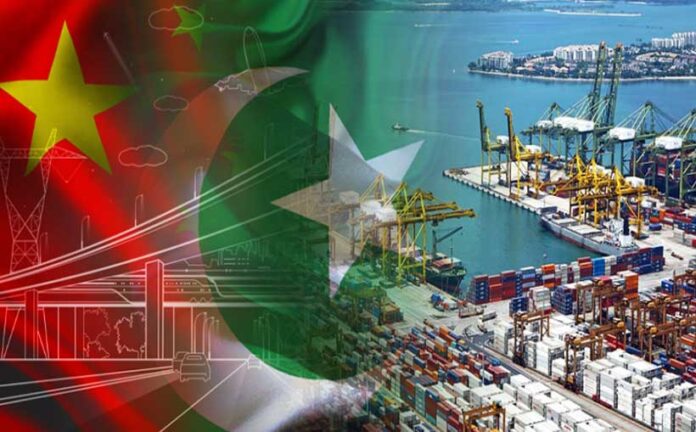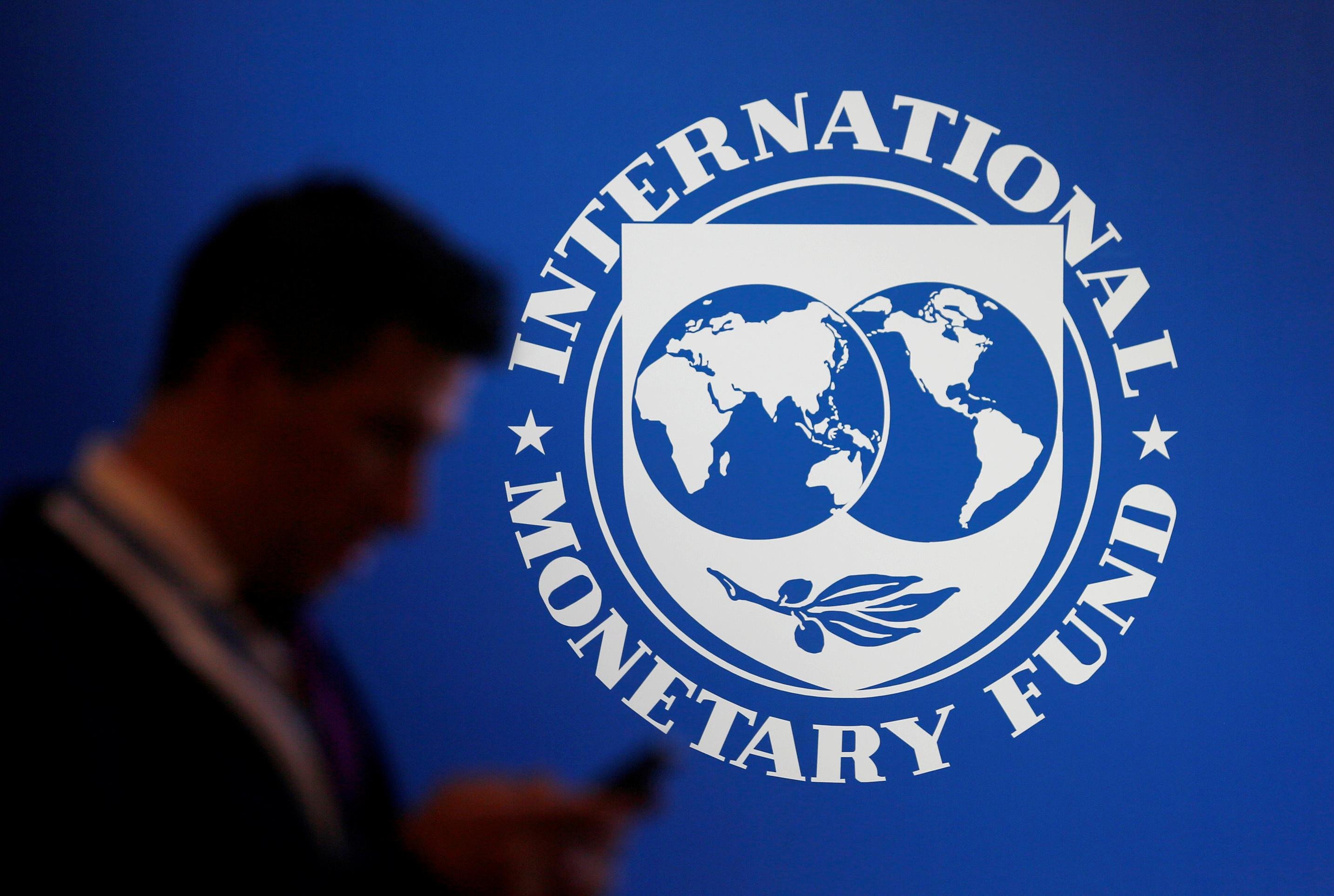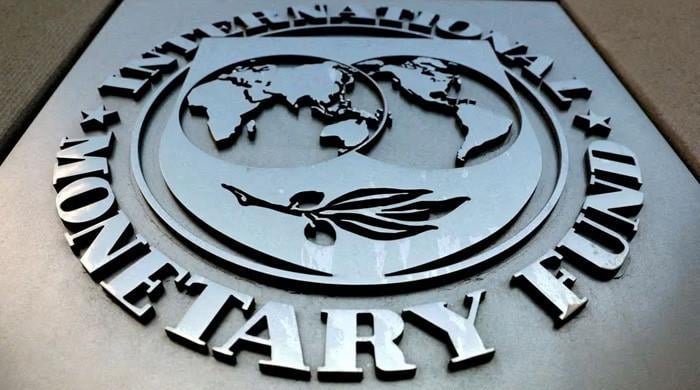Sainthood 2.0
Elite Member
- Jul 23, 2021
- 11,615
- 15,680
- Country of Origin

- Country of Residence


China agrees to review Free Trade Agreement, boost yuan-based trade
It is also agreed that an amount of $5bn equivalent to 30bn RMB will be available for trade finance immediately.
www.dawn.com







